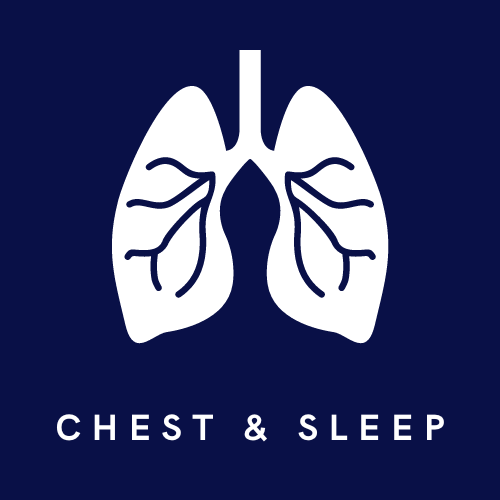OSA - Obstructive Sleep Apnoea
Obstructive sleep apnoea (OSA) is a common sleep disorder that affects millions of people worldwide. It is characterised by repeated episodes of breathing cessation during sleep, which can lead to a variety of health problems if left untreated. In this section, we discuss the symptoms, causes, diagnosis, and treatment of OSA.
What are the features of OSA?
The most common symptom of OSA is loud and frequent snoring, which is caused by obstruction of the upper airway during sleep. Other symptoms may include:
Pauses in breathing during sleep
Gasping or choking during sleep
Waking up feeling tired or unrefreshed
Daytime sleepiness or fatigue
Headaches in the morning
Difficulty concentrating or remembering
Irritability or mood swings
Decreased libido
If you experience any of these symptoms, you should talk to your healthcare provider.
What causes OSA?
OSA is caused by the collapse of the upper airway during sleep, which obstructs the flow of air to the lungs. This can be due to various factors, including:
Obesity: Excess body weight can put pressure on the airway, making it more likely to collapse during sleep.
Age: The risk of OSA increases with age.
Gender: Men are more likely to develop OSA than women.
Smoking: Smoking can irritate the airway and increase inflammation, making it more likely to collapse during sleep.
Alcohol and sedatives: These substances can relax the muscles in the airway, increasing the risk of collapse during sleep.
Family history: There may be a genetic predisposition to OSA.
How is OSA diagnosed?
If you suspect you may have OSA, your healthcare provider may refer you to a sleep specialist for diagnosis. The most common diagnostic tool for OSA is a sleep study, which involves monitoring your breathing and other physiological functions during sleep.
What are the complications of untreated OSA?
Untreated OSA can lead to a variety of health complications.
The short-term complications of untreated OSA can include:
Daytime sleepiness and fatigue: People with OSA often wake up feeling unrefreshed and may feel tired throughout the day.
Headaches: Morning headaches are a common symptom of OSA and can be caused by the decrease in oxygen levels during sleep.
Mood changes: Irritability, anxiety, and depression are common in people with OSA due to the disruption of their sleep.
Poor concentration: People with OSA may experience difficulty with memory and concentration due to the lack of restful sleep.
The long-term complications of untreated OSA can be more serious and can include:
High blood pressure: OSA can cause high blood pressure, which can increase the risk of heart disease, stroke, and other health problems.
Heart disease: The repeated episodes of breathing cessation during sleep can put a strain on the heart, leading to an increased risk of heart disease.
Type 2 diabetes: People with OSA are at an increased risk of developing type 2 diabetes due to the disruption of insulin production and glucose metabolism.
Treatment of Obstructive Sleep Apnea
Treatment of OSA depends on the severity of your symptoms and the underlying causes of your condition. The most common treatment options include:
Continuous Positive Airway Pressure (CPAP): CPAP is a machine that delivers pressurised air to the airway to keep it open during sleep.
Oral appliances: These devices are worn in the mouth during sleep to help keep the airway open. The most common of these is a mandibular advancement splint (MAS).
Surgery: In some cases, surgery may be necessary to correct anatomical abnormalities in the airway that are causing OSA.
Lifestyle changes: Losing weight, quitting smoking, avoiding alcohol and sedatives, and sleeping on your side may help reduce the severity of OSA.
At Chest & Sleep, we strongly believe in educating our patients so they can make the most informed decisions about their own personal health.
We focus on tailored management plans, targeting the specific goals of each our patients and their families, and review these on a regular basis.

